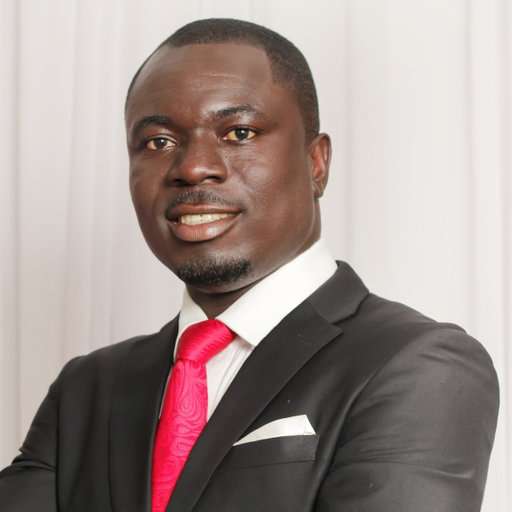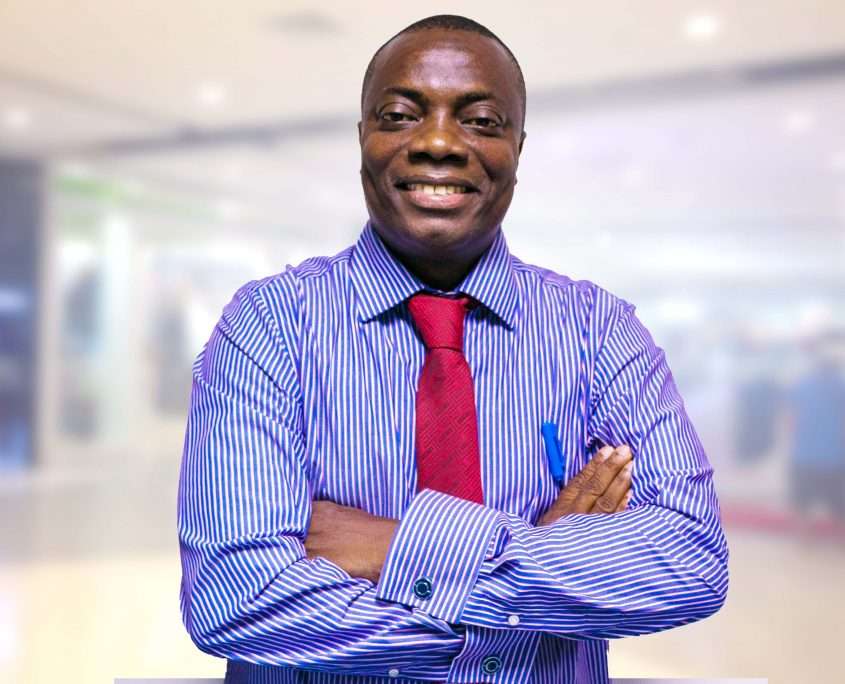As Ghana’s 2024 general election approaches, multiple surveys have sparked widespread debate on the potential outcome.
Two key research organizations, Global Info Analytics and a team led by Professor Smart Sarpong have released contrasting predictions regarding the performance of the New Patriotic Party (NPP) and the National Democratic Congress (NDC).
Their methodologies, predictions, and implications for political strategy have become focal points for discussion.
The Global Info Analytics forecasts a commanding lead for the NDC’s John Dramani Mahama, projecting him at 51.9%, while the NPP’s Dr. Mahamudu Bawumia trails with 40.5%. On the other hand, Professor Sarpong’s research predicts a tighter race, giving the NPP 49.1% and the NDC 45.8%.
Musah Dankwa, the lead researcher at Global Info Analytics, confidently stated that the election would not lead to a runoff, citing robust results from both telephone and field surveys.
Professor Smart Sarpong in an interview explained his meticulous methodology, which he claims minimizes errors and ensures high credibility.
“For each constituency, if we rank the contribution of the polling stations to the total voter register of that constituency and draw the 50th percentile line, any plus one meant that there’s going to be [a run-off].”
Prof. Smart Sarpong Centre for Socail Science Reasearch, Kumasi Techincal University

In response to questions about the level of accuracy in his work, Prof. Sarpong asserted;
“I have reduced the errors I have control over, which is a sampling error, to the barest minimum I represent the randomness across all sub-samples of the population and even up to the point of the respondent point.”
Prof. Smart Sarpong Centre for Socail Science Reasearch, Kumasi Techincal University
Comparison of Survey Methods
Dr. Mussa Dankwah contrasted the results from face-to-face surveys and telephone polls.
He noted slight variances between the two methods but maintained that the differences were insignificant and therefore there is not going to be a run-off as the former stated.
Dr. Dankwah shared specific results from the Ashanti Region to illustrate his point. He noted;
“John Mahama [was] on 29% in Ashanti on [a] field survey, but the average telephone Polls he was on 27%. So, about 2% higher… and Mahamud Bawumia was at 68% in the Ashanti Region whereas in the field was roughly around 65%.’’
Mr. Mussa Dankwah Executive Directror and Head of Reasearch at Global Info Analytics

He further highlighted the consistency in findings from the field and emphasized confidence in the predictions. He argued; We are quite happy with what we getting from these areas as far as the polls are concerned.’’
Meanwhile, Dr. John Osae Kwapong, a fellow at the Centre for Democratic Development (CDD), weighed in on the surveys’ implications for political strategy.
He noted that the results provided a snapshot of voter sentiment and trends, which political actors must analyze carefully.
“Whenever I read these polls, I read them as what are the signals they are sending to us, the end users, in terms of what they found in you know, trying to gauge the temperature of the voters.”
Dr. John Osae Kwapong Centre for Democratic Development (CDD) Fellow
Osae Kwapong emphasized the importance of identifying trends and addressing areas of concern;
“You’d see places where the candidates have either lost some grounds, made up some grounds, things like that. For me, the biggest change that I see there is the number of undecided voters that have gone down.”
Dr. John Osae Kwapong Centre for Democratic Development (CDD) Fellow
These trends, according to him, should inform campaign strategies for both the NPP and NDC as they seek to consolidate their positions.
The Significance of Undecided Voters
Both surveys highlighted a noticeable decline in the percentage of undecided voters.
This shift indicated that more citizens are beginning to solidify their choices as the election draws near.
“If you compare Prof’s baseline that came out, I believe sometime in June to this one, you would see for example the biggest change that I see there, is [many] undecided voters that have gone down. So, for me is a question of what are the signals coming out of these two [researchers].’’
Dr. John Osae Kwapong Centre for Democratic Development (CDD) Fellow
This change, he argued, underscores the necessity for political parties to adapt their outreach efforts to target specific voter segments.
As Ghana heads into a critical election, the divergent projections from Global Info Analytics and Professor Sarpong underscore the complexities of this year’s polling.
While methodologies and figures differ, both surveys highlight key trends that could shape the electoral landscape.
For political actors, these offer an invaluable opportunity to refine strategies, focus on areas of potential growth, and address voter concerns.
Ultimately, the surveys are a barometer for the electorate’s mood, setting the stage for an intense contest in 2024.
READ ALSO; Shatta Wale Dragged To Court Once Again




















